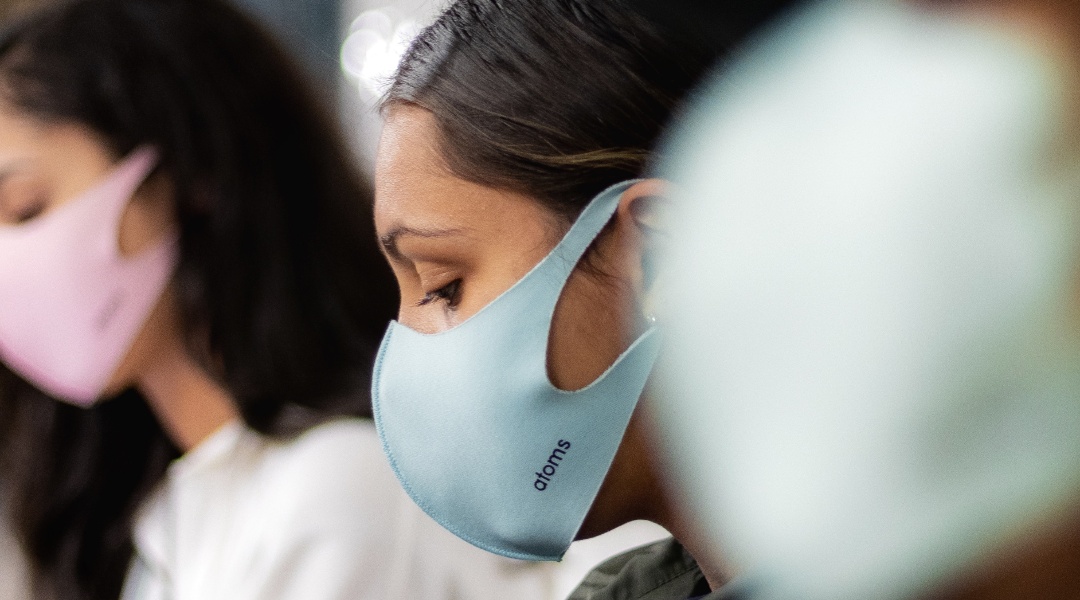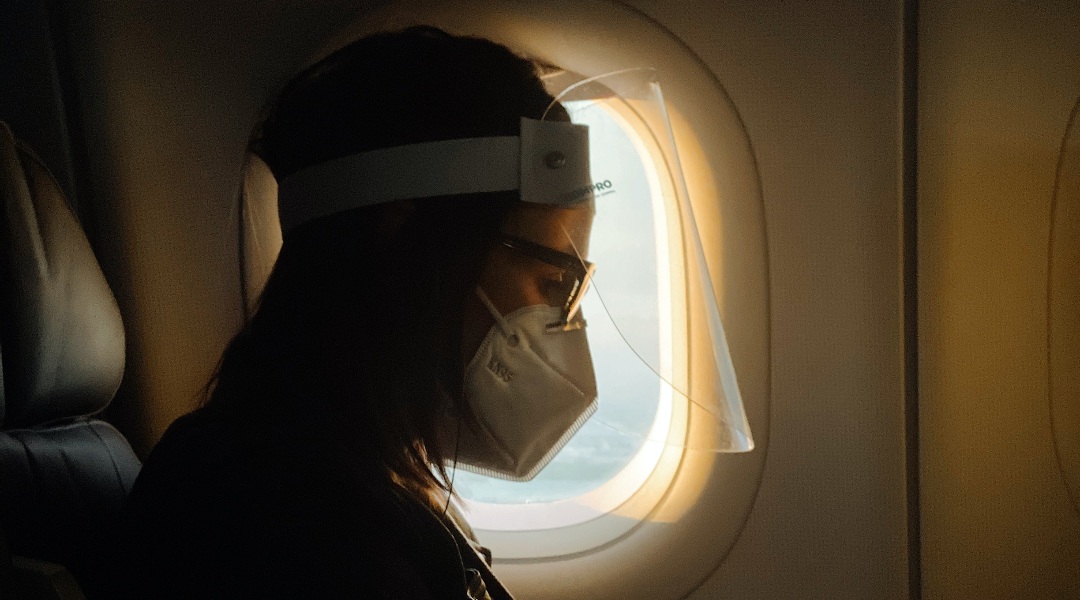Completing your COVID vaccine doses still comes with certain precautions.
As of late May 2021, the Department of Health (DOH) released data that over one million people have completed two doses of a COVID vaccine. Those who received at least one of the two doses total to 3,466,314 or 3.19 percent of the population.
Compared to the target of vaccinating 70 million Filipinos within this year, the current pace is still incredibly slow. Due to issues with paperwork, shipment, and uncertain vaccine supplies, the country has a long way to go before reaching herd immunity.
For the one percent that have received their complete doses, the Center for Diseases Control and Prevention (CDCP) may have encouraged resuming daily activities.
However, the DOH recommends making informed decisions before resuming the life we had before the pandemic. If you are confused about what you can and should do after getting fully vaccinated, here are some guidelines according to health professionals.
RELATED READ: Vaccine Diaries: Filipinos Share Experiences Getting Vaccinated Against COVID

After vaccination
To be considered fully vaccinated, two weeks must have passed after completing the two-dose series of COVID vaccines like Pfizer-BioNTech, Moderna, AstraZeneca, Sinovac, Novavax, and Gamaleya Sputnik V. Johnson & Johnson, on the other hand, is a single-dose vaccine.
According to Dr. Katherine O’Brien of the World Health Organization (WHO), the first dose drives an immune response within two weeks. But it is the second dose that further augments the immune system within a shorter period of time. There are, however, still ongoing studies on how long vaccines can protect people.
Even if you get completely vaccinated, Dr. O’Brien doesn’t guarantee that you won’t get infected and transmit it to someone else. She claims only time will be able to confirm the effectiveness of the vaccine, and on how long safety interventions should be in place.
She also notes that there is still no evidence of the use of vaccines for children. This age group remains vulnerable, and, together with the limited supply and problems with the rollouts, all these reinforce the importance of safety protocols.
RELATED READ: Health Call: 4 Influential People Who Have Had Their COVID Vaccines And Their Contributions To Rollouts

What you should do
In the US, vaccinated citizens are no longer required to wear face masks and practice physical distancing. The exception is when the federal, state, local, and workplace guidelines still require it. This is why the US CDCP gave the green light to resume daily activities.
Here in the country, the DOH expressed doubt in adopting this move. After all, our vaccination rate is progressing terribly slow and the COVID cases remain alarming.
Even the US CDCP advises keeping vigilant for COVID symptoms especially if there is exposure to someone infected. Naturally, the DOH still recommends practicing safety guidelines. This includes wearing face masks, practicing social distancing, washing hands, and disinfecting high-touch point areas.
So, even when visiting unvaccinated friends and relatives, running errands, or going to an overdue appointment with the doctor and dentist, follow safety protocols.

Is it safe to travel?
Across the world, more countries are starting to open for international travel. Currently, there is a surge in travel reservations for late this year until 2022, with the most-booked destinations being the Maldives and the Mediterranean.
Some of these countries still have restrictions such as travel bans for those coming from the United Kingdom or South Africa where two new COVID variants emerged.
In the Philippines, the Department of Tourism (DOT) is encouraging travel to support those affected in the tourism industry. While it contrasts the quarantine measures especially in the metro, DOT Secretary Berna Romulo-Puyat clears up the confusion.
In the Lifestyle Asia exclusive, Romulo-Puyat clarifies the decision to reopen establishments and domestic destinations relies on the prerogative of local executives. Together with DOH, they are working to strictly implement safety standards. At the same time, they are reminding traveling Filipinos to be strongly mindful of these policies.
Travel is allowed, especially after getting vaccinated, but everyone should maintain responsible tourism.





